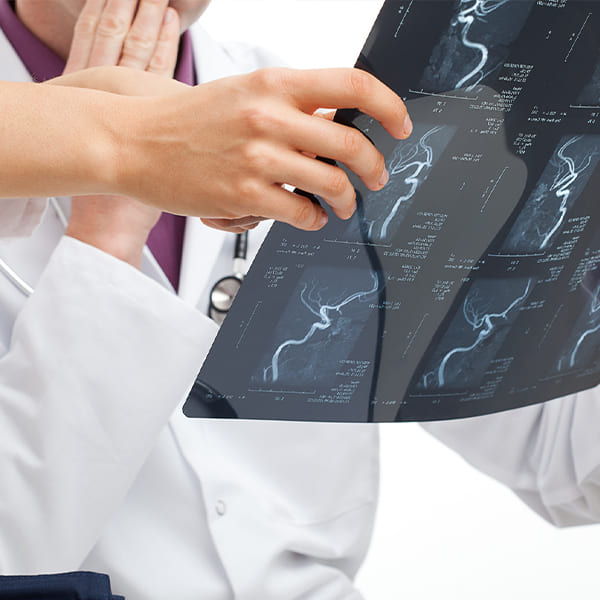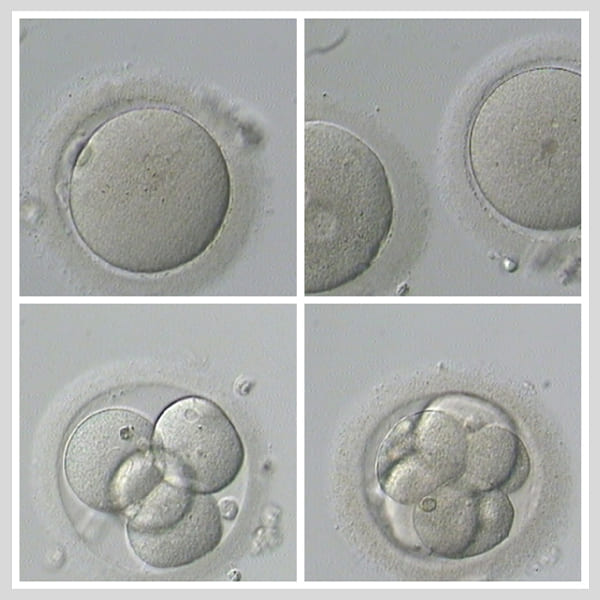- Home
- About Us
- Why BFI
- Treatments
Advanced IVF Treatment
Donor Services
Fertility Preservation
Advanced IVF Treatment
Donor Services
Fertility Preservation
- Locations
- Resources
- Contact Us
Low egg count / poor ovarian reserve
Ovarian reserve refers to the number of eggs in the ovary.
When you have less number of eggs than expected for your age, it is called low egg count or diminished ovarian reserve.
The exact incidence is unknown; however, we see it in roughly 25% of patients undergoing fertility treatment at our clinic.
If you have diminished ovarian reserve, there are no tests to predict the speed of decline. In simple words, we can’t predict how fast your chances of conceiving will become very less.
Generally, it is advisable not to delay pregnancy planning. If you are already facing difficulty conceiving, it is better to choose a faster treatment to conceive.
How egg count is decided/ determined
In females, the total number of eggs is decided at birth. These oocytes are in a suspended state of life. During the reproductive years, they start to develop, and the total number of eggs gradually reduces. A low number can cause a low egg count at birth or faster depletion.
American College of Obstetricians and Gynecologists suggests that the average number of eggs w.r.t your age:
- 20 weeks of gestation: 6 to 7 million oocytes
- birth: 1 to 2 million oocytes
- puberty: 300,000 to 500,000 oocytes
- around age 37: roughly 25,000 oocytes
- around age 51: roughly 1,000 oocytes
Tests for ovarian reserve
Ovarian reserve is determined by a female’s age, sonographic measurement of antral follicles and AMH blood test.
FSH blood test is also used to determine ovarian reserve. However, the elevation of FSH happens at a very late stage of ovarian egg depletion.
AMH is a hormone secreted by developing follicles, which are sacs of immature eggs.
Anti-Müllerian hormone (AMH) naturally decreases with age when the ovarian reserve is depleted; women have low AMH levels. AMH values are considered “satisfactory” when they are above 3 Nanograms/ml (21.98 pmol / l). Low AMH is not the only cause of infertility, but it indicates a decreased egg reserve. It indicates more quantity and less quality issue. When there are fewer developing egg cells in the ovaries, the chances of a mature and healthy egg being released and fertilized decrease.

What Causes Low Ovarian Reserves?
Age
The ovarian reserve begins to decline in the mid to late 30s and tends to be low in women’s 40s.
Age is not always a factor in low AMH. For some women, AMH levels decline in their 20s or early 30s. This can be due to
- Endometriosis and its surgery
- Chronic pelvic infections
- Genetic factors such as fragile X premutation
- Surgeries on the ovaries to remove cysts, teratomas, etc.
- Unhealthy life habits: stress, obesity, anorexia, tobacco, etc.
- Environmental pollution
- Chemotherapy, Radiotherapy
- Autoimmune abnormalities
Finding out the age of menopause in your family is important as it is often a good guide to your own fertility decline rate.
What are the symptoms of low egg count / poor ovarian reserve?
At an advanced stage of diminished ovarian reserve, you may notice irregular periods.
One of the early signs is a shorter menstrual cycle.
However, many patients have no obvious symptoms.
Treatment
There are various supplements and medicines available for reduced ovarian reserve. However, they are not highly effective.
We recommended faster fertility treatments whenever possible.
What if I have very low AMH/ ovarian reserve?

Donor eggs are a very effective option for the patient of very low ovarian reserve. Read more
At Bavishi Fertility Institute, we try to support you as much as possible to plan pregnancy with your own eggs.
Ovarian rejuvenation treatment can help in increasing egg number. This treatment includes injection of Platelet Rich Plasma enriched with nutrients injection in the ovary and customized medicines and supplements. Read more
Dual Stimulation – DuoStim
DuoStim is a modified IVF protocol to enhance egg number and quality. In one menstrual cycle, 2 cycles of IVF are done for faster treatment. The embryos from these two IVF cycles are frozen. The frozen embryos are transferred in the subsequent cycle in optimum uterine condition. The First IVF cycle is as per the standard IVF. 3 to 5 days after the egg retrieval, the second stimulation is started. This second stimulation is started midcycle instead of immediately after periods which is the case of most IVF cycles. Some studies suggest the second stimulation yield better quality eggs in more number.
If you have very low AMH levels, you are likely to be responding poorly to the doses of medication required with conventional IVF. However, natural IVF and modified natural IVF may be a more appropriate treatment for low ovarian reserve.
At Bavishi fertility institute, we give the option of self-eggs to every woman under the age of 45 with their own eggs while they’re still ovulating, and we’ve given many women the chance to try after they’re otherwise turned away.
Advantage BFI
We respect the desire of using self eggs whenever possible. The realistic success chance is discussed, and the cost-benefit ratio is also counselled. We offer ovarian rejuvenation and medical treatment to enhance ovarian function. We highly customise the treatment protocol as per individualized need. Use very sophisticated ovum pick up using double lumen needle with follicle flush to recover maximum oocytes. Our highly skilled embryologists and up to date IVF lab setup help us take care of the very precious egg/eggs. Zero error embryo transfer, appropriate post ET support and much more help us achieve the highest success chance despite low or very low AMH.
